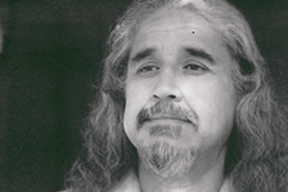 Dr Cash Ahenakew, Associate Professor, Department of Educational Studies
Dr Cash Ahenakew, Associate Professor, Department of Educational Studies
Research experience and interests focus on the areas of international indigenous studies in education, indigenous curriculum and pedagogy and indigenous health and well being. He has been a research associate in international research projects on global citizenship education, international indigenous networks, and critical intercultural education at the universities of Oulu (Finland) and Canterbury (Aotearoa/New Zealand). Cash is Plains Cree and his family comes from Ahtahkakoop Cree Nation.
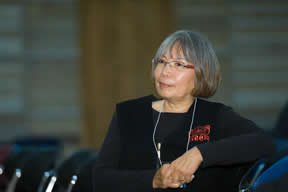 Dr Jo-ann Archibald, Professor Emeritus, Education
Dr Jo-ann Archibald, Professor Emeritus, Education
Dr Archibald (Stó:lō), formerly the director of the First Nations House of Learning and NITEP – the Indigenous Teacher Education Program, and former Associate Dean for Indigenous Education in the Faculty of Education. Her main areas of research are Indigenous education, oral tradition & storytelling, Indigenous higher education, and Indigenous knowledge systems.
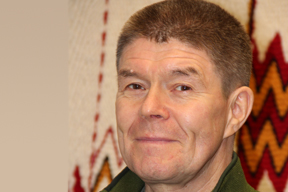 Dr Peter Cole, Assistant Professor, Curriculum and Pedagogy
Dr Peter Cole, Assistant Professor, Curriculum and Pedagogy
Dr. Cole is a member of the Douglas First Nation (Southern Stl’atl’imx) as well as having Welsh/Scottish heritage. He has considerable experience as a researcher and educator in Indigenous education, with expertise in curriculum theory, Indigenous epistemology and pedagogy, research methodology, traditional Indigenous technologies, and Indigenous perspectives in environmental and sustainability education.
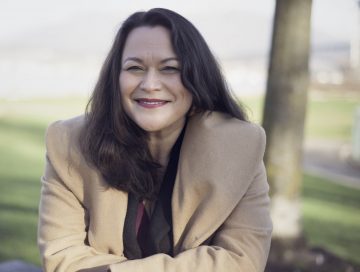 Dr Shannon Leddy, Instructor, Coordinator, EDUC 440
Dr Shannon Leddy, Instructor, Coordinator, EDUC 440
Shannon Leddy, member of the Metis Nation of BC with Irish heritage, is a Vancouver based teacher and writer, whose practice focuses on decolonizing education and Indigenous education within teacher education. She holds degrees in Art History and Anthropology from the University of Saskatchewan (1994), an MA in Art History (1997), and a BEd (2005) from the University of British Columbia. Her PhD research at Simon Fraser University focused on inviting pre-service teachers into dialogue with contemporary Indigenous art as a mechanism of decolonizing education and in order to help them become adept at delivering Indigenous education without reproducing colonial stereotypes.
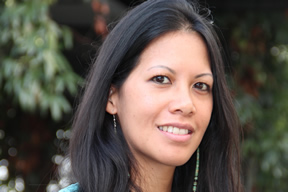 Dr Candace Kaleimamoowahinekapu Galla, Assistant Professor, Language and Literacy Education
Dr Candace Kaleimamoowahinekapu Galla, Assistant Professor, Language and Literacy Education
Growing up in a sugar plantation town in Kaʻū, Dr. Galla was exposed to an array of languages and cultures from a young age and continued learning about her Hawaiian language and culture formally at Kamehameha Schools on Kapālama campus in Honolulu. She went on to study Linguistics at the University of Arizona and received a PhD in Language, Reading and Culture. Her research explores what types of technology initiatives Indigenous language communities are using to revitalize, maintain, and promote their language.
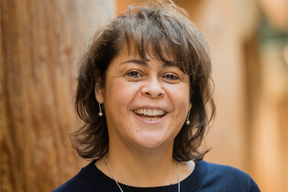 Dr Jan Hare, Professor, Language and Literacy Education; Associate Dean, Indigenous Education; Director, Indigenous Teachers and Education Program (NITEP)
Dr Jan Hare, Professor, Language and Literacy Education; Associate Dean, Indigenous Education; Director, Indigenous Teachers and Education Program (NITEP)
Jan Hare is an Anishinaabe from the M’Chigeeng First Nation. She is an Associate Professor in the Department of Language and Literacy Education. Her research interests include the social practices of literacy in Aboriginal families, schools and communities. She has a particular interest in Aboriginal early learning and youth issues. She is mentoring doctoral students working on Aboriginal language revitalization and Aboriginal education.
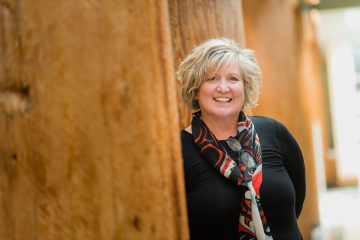 Ms Marny Point, Lecturer, First Nations Language Program; Urban Coordinator, NITEP
Ms Marny Point, Lecturer, First Nations Language Program; Urban Coordinator, NITEP
Ms. Point is a member of the Musqueam Band of the Coast Salish Tribes. As Urban Program Coordinator she is the program advisor for the first and second year NITEP students. She also teaches the Indigenous education courses for first and second year and the second year class for the First Nations Languages program, Intermediate Salish.
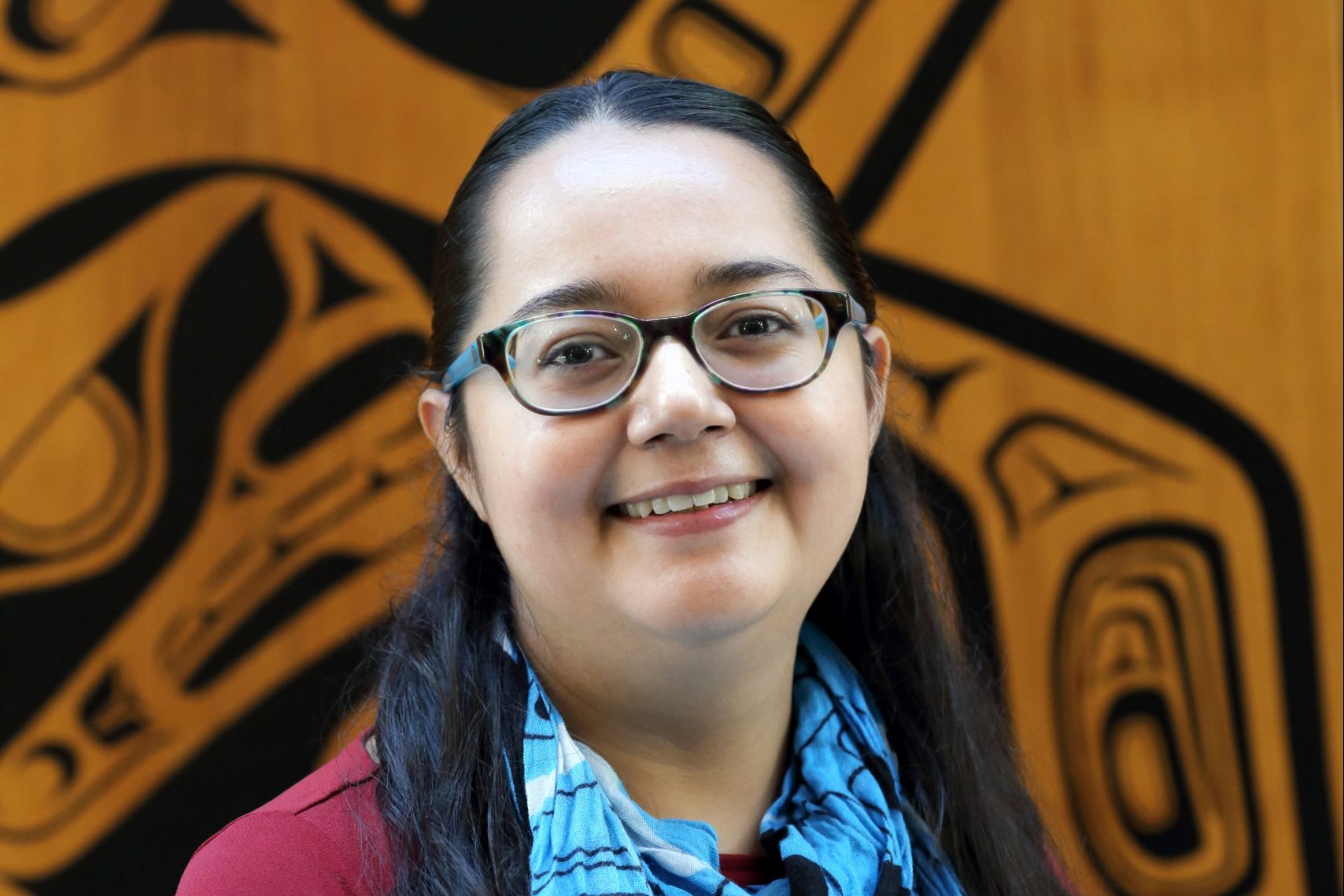 Dr. Johanna Sam, Lecturer; Cariboo Field Centre Coordinator
Dr. Johanna Sam, Lecturer; Cariboo Field Centre Coordinator
Johanna is a proud member of Tsilhqot’in Nation. Realizing the importance of a strength-based approach, she is involved in creating youth-friendly educational and mental health resources. She completed a Master of Science in Population & Public Health with the support of Canadian Institutes of Health Research’s Intersections of Mental Health Perspectives in Addictions Research Training Fellowship. She is a Doctoral Candidate in Human Development, Learning, and Culture with University of British Columbia’s Department of Educational and Counselling Psychology, Special Education. She received several Graduate Fellowships, including Social Sciences and Humanities Research Council’s Joseph-Armand Bombardier Doctoral Fellow.
Her research explores the link between online aggression, resiliency, academic achievement, and wellness. Her teaching not only utilizes digital technology, but approaches those digital tools from Indigenous perspectives. Her innovative approach to blended learning is as much about using digital tools thoughtfully in addition to deciding when not to use digital tools while taking into consideration the impact of technology on Indigenous learning. She has a passion for making a difference in the lives of young people, especially in Indigenous communities.
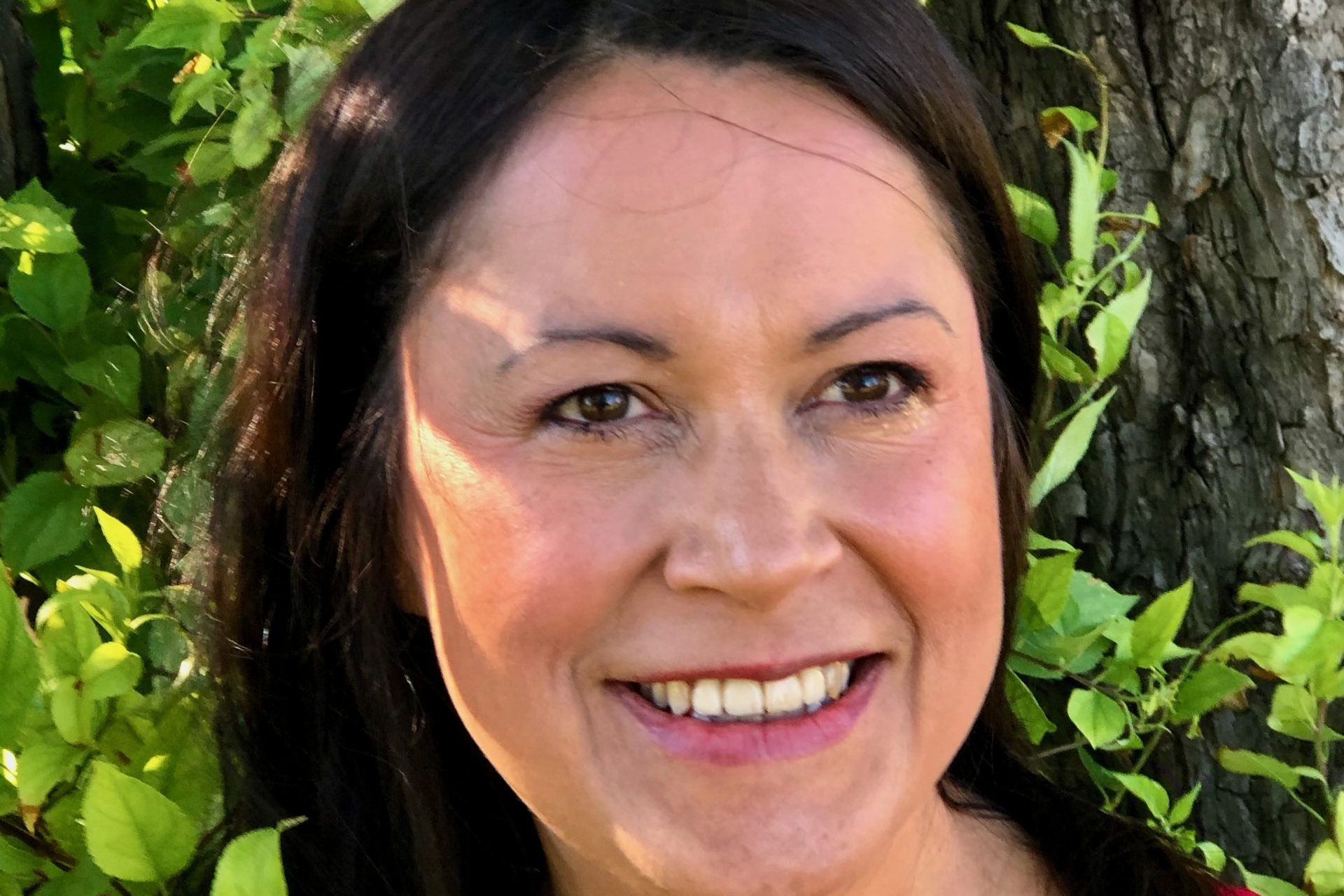 Dr. Margaret (Maggie) Kovach, Professor, Educational Studies
Dr. Margaret (Maggie) Kovach, Professor, Educational Studies
Margaret Kovach (Sakewew p’sim iskwew) is of Nêhiyaw and Saulteaux ancestry from Treaty Four, Saskatchewan. Her teaching interests include Indigenous research, Indigenous adult and higher education, and anti-oppressive teacher education. Situated within higher education and with an expertise in Indigenous methodologies, her research explores ways in which Indigenous knowledge systems can inform research method, post-secondary curriculum design, and educational policy development. Her scholarly focus explores the institutional culture and policy strategies needed by Canadian university to respectfully respond to Indigenous learners and communities.